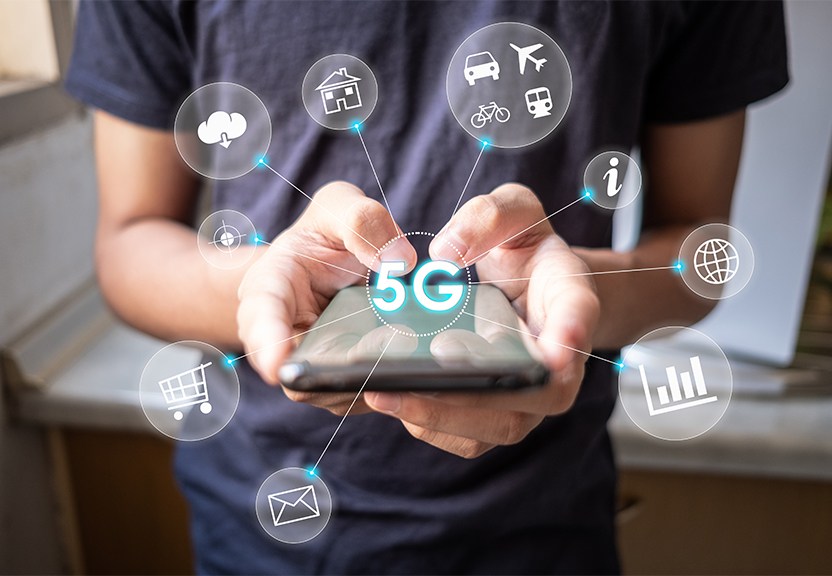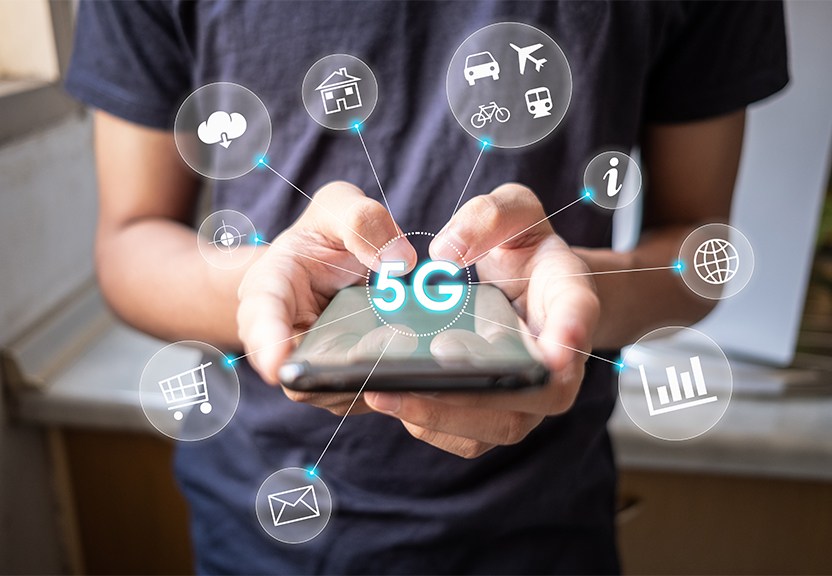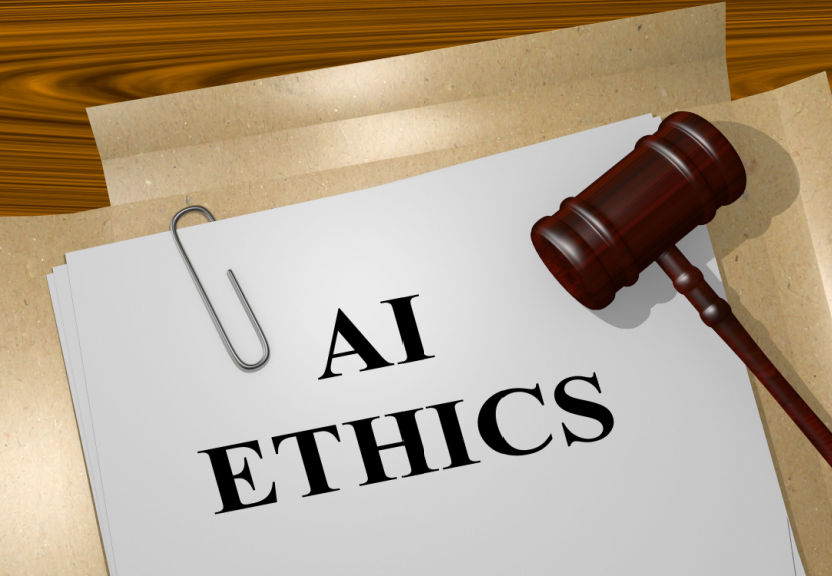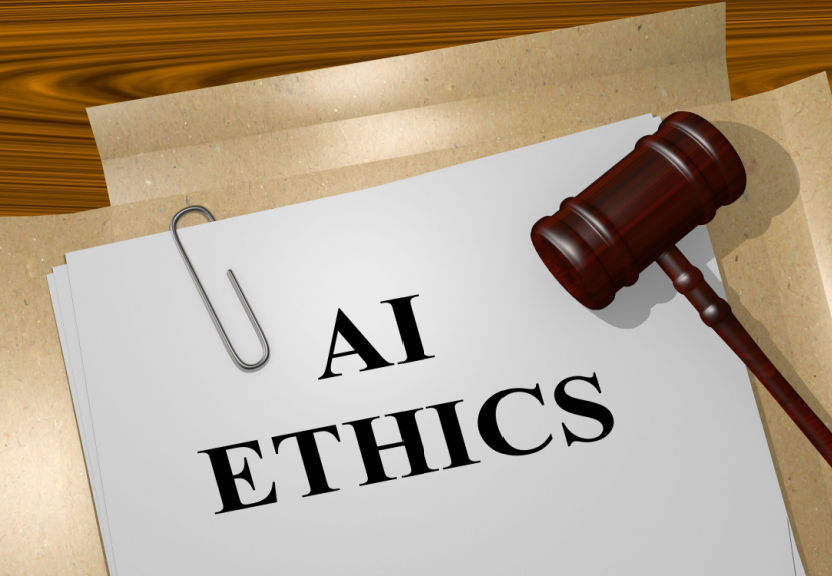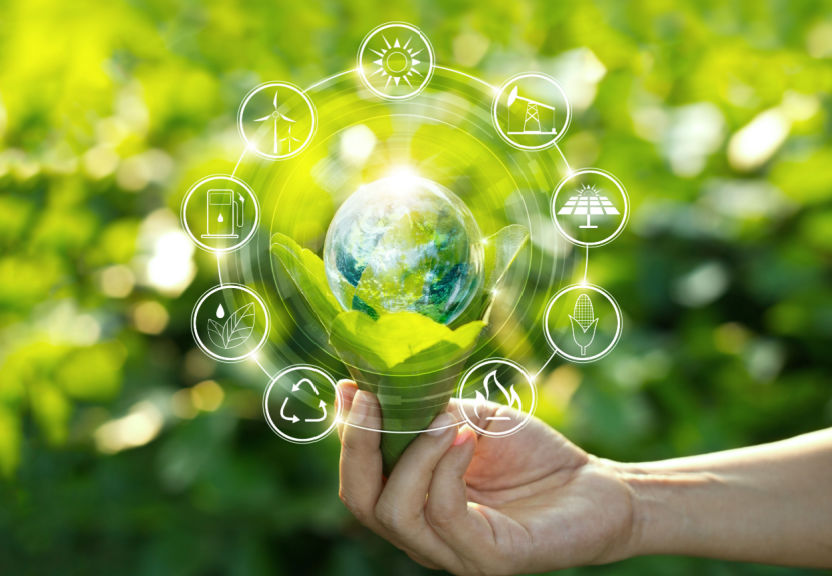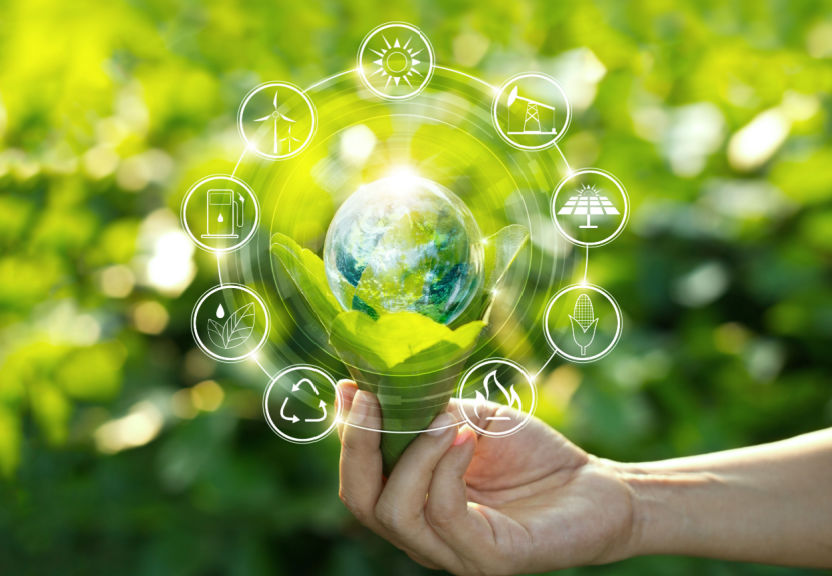5G Evolution
5G technology is the fifth generation of mobile networks that promises to revolutionize the way we connect to the internet. It is designed to provide faster speeds, lower latency, and more capacity than its predecessor, 4G. With 5G, we can expect to see a wide range of new and innovative applications, from virtual reality and augmented reality to self-driving cars and the Internet of Things (IoT).
One of the main benefits of 5G technology is its ability to provide faster download and upload speeds. With 5G, we can expect to see download speeds of up to 10 gigabits per second (Gbps), which is over 100 times faster than the average 4G speed. This means that we will be able to download large files, such as movies and games, in a matter of seconds, rather than minutes or hours.
Another important benefit of 5G technology is its ability to support more devices and connections. With 5G, we can expect to see millions of devices connected to the network at the same time, which will be particularly important as the number of IoT devices continues to grow.
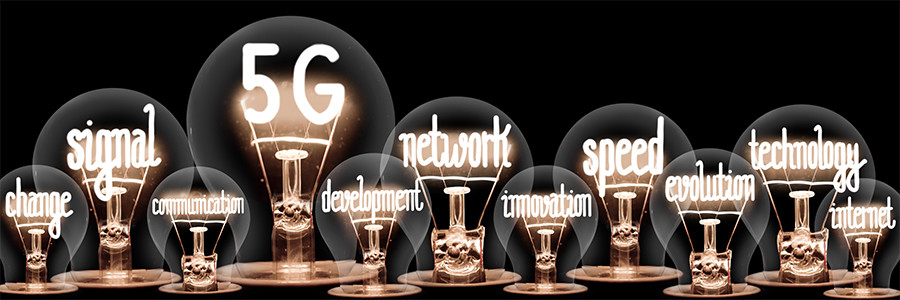
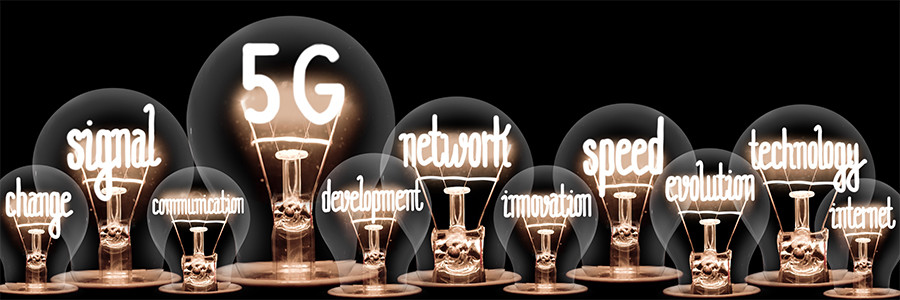
5G technology also has a very low latency, which is the time it takes for a device to receive a response after making a request. This means that 5G networks can provide almost instant response times, which will be essential for applications such as self-driving cars and virtual reality.
One of the most talked about potential use cases of 5G technology is the ability to support massive machine-type communications (mMTC) and ultra-reliable low-latency communications (URLLC) for the Internet of Things (IoT) applications. This will allow for billions of devices to communicate with one another and with the internet, creating new possibilities for smart cities, smart homes and more.
However, 5G technology is not without its challenges. One of the biggest challenges is the lack of coverage, as 5G networks require a large number of small cells, which are low-power transmitters that are placed closer to the ground. This means that 5G networks will require a significant amount of infrastructure to be built, which could take time and be costly.
Another concern is security, as 5G networks will be handling a huge amount of data and connecting a vast number of devices, making it a potential target for cyberattacks.
In conclusion, 5G technology has the potential to revolutionize the way we connect to the internet, providing faster speeds, lower latency, and more capacity than its predecessor. With 5G, we can expect to see a wide range of new and innovative applications, from virtual reality and augmented reality to self-driving cars and the Internet of Things. However, 5G also comes with its own set of challenges such as coverage and security, which will need to be addressed in order to fully realize its potential.
The articles and information within this website are my sole opinion and derived from my sole experience. They are meant for general information purposes only and is not meant to substitute professional dietary and/or health advice or treatment. If you have or suspect you may have allergies or medical issues which may be affected by certain foods, or have or suspect you may have any illness and/or disease and/or chronic ailment and/or other, you should promptly contact your health care provider. Any statements regarding diets and/or nutrition and/or health are to be used at your discretion and are not intended to diagnose, treat, cure or prevent any disease.




